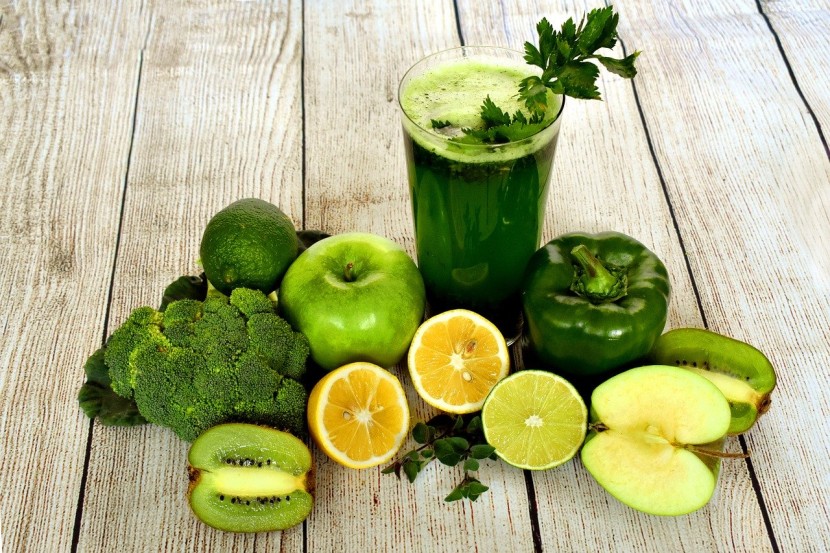
The COVID-19 global pandemic has made the public more susceptible to stress. Fortunately, there has been a precipitous decline in demand for canned, junk, and processed foods and becoming more vigilant in terms of healthy eating.
Have you been stressed to the point that you would eat everything in your line of sight? This is called "stress-eating." Numerous people have had moments wherein they have coped with a tub of ice cream or on a bag of chips, reported The Indian Express.
Stress has a remarkable effect on our mental and physical health, particularly our immune system. When an individual undertakes a stressful event, a surge of hormones including adrenaline and cortisol are produced by the adrenal gland, which help the body manage stress.
Stress-eating is usually linked with your body being unable to control your amount of food intake because of the physical impact of stress. Thus, the development of unhealthy eating habits, a slight decline in brain functioning, and additional body fat.
According to Rishi Sakhuja, CEO of FruitBox & Co., "The food we eat is the central-most contributing factor towards developing a strong and holistic immune system." Sakhuja continued that "people are becoming progressively more concerned about the quality and nature of food products they consume daily."
Worry not because stress-eating does not have to lead to guilty feelings -- you could stress-eat to your advantage. It is just a matter of choosing the right and healthy foods, reported The Thirty. To be mindful of what you consume is equivalent to understanding the food items' properties. According to yoga expert Nimish Dayalu on healthy eating, "A balanced diet of fresh fruits, raw or par-boiled vegetables, cooked vegetables, pulses, grains, and curds can help in maintaining a healthy body and thereby boosting immunity," reported Hindustan Times.
There is a craving for sugary or fatty foods when a person is stressed. One might feel relieved for a short duration, but your body will not thank you in the long run if you opt for such savory cravings.
These foods will help you transition to healthy eating:
1. Home-cooked food
A healthy home-cooked meal is incomparable as it is free from preservatives and unnecessary salts. Ensure that you use fresh ingredients and oil to maximize the benefits of home-cooked food.
2. Foods lower in added sugars
"According to the Dietary Guidelines for Americans, keeping added sugars to less than 10% of your total calories is the goal," stated Yasi Ansari, MS, RD, CSSD, a national spokesperson for the Academy of Nutrition and Dietetics. One example is unsweetened Greek yogurt with fresh fruit.
3. Amla
Amla is also known as Indian gooseberry that is used in Ayurveda commonly in the form of powders, chyawanprash, and juices. It helps mitigate issues connected to digestion and treats constipation.
4. Green vegetables
A number of green, leafy vegetables including kale or arugula contain vitamins, folate, and nutrients. Folic acid reduces stress hormones. A study made by the Journal of Affective Disorders indicated that those who consumed foods rich in folate had a less probability to experience symptoms of depression and anxiety. Such symptoms are associated with stress.
Sometimes it can be hard to break unhealthy eating habits. A licensed therapist can help you. Visit https://www.betterhelp.com/advice/psychologists/ for more information on how therapy can help you implement healthy behaviors.
Related Article : Want to Live Longer? Use These Anti-Aging Spices
© 2026 HNGN, All rights reserved. Do not reproduce without permission.








